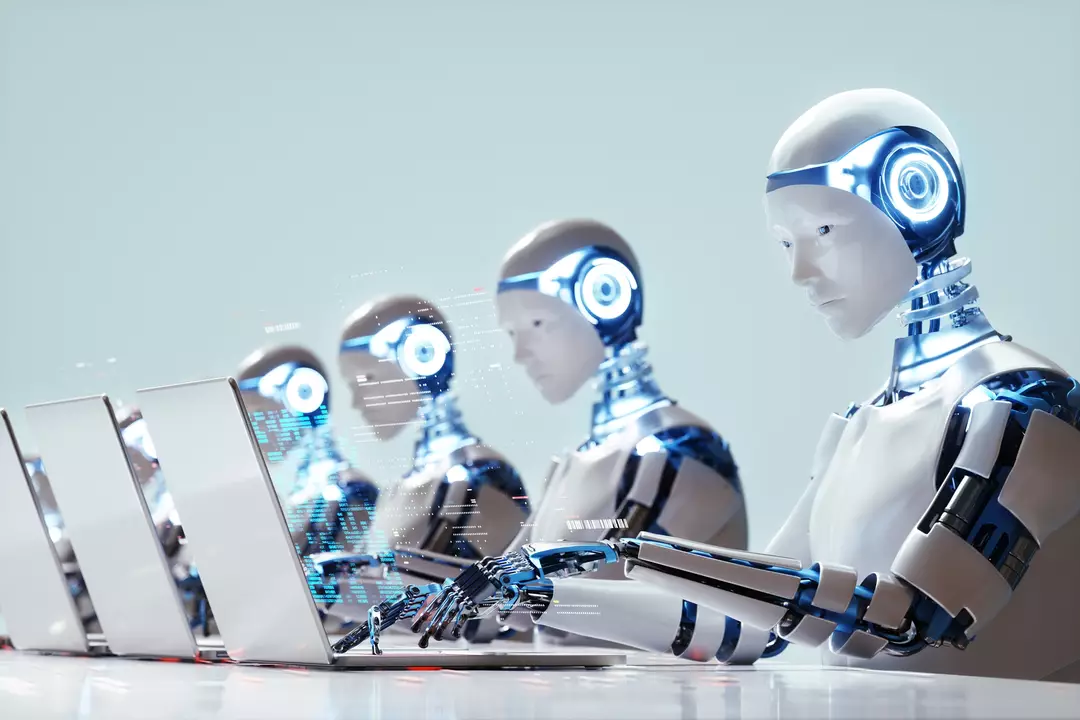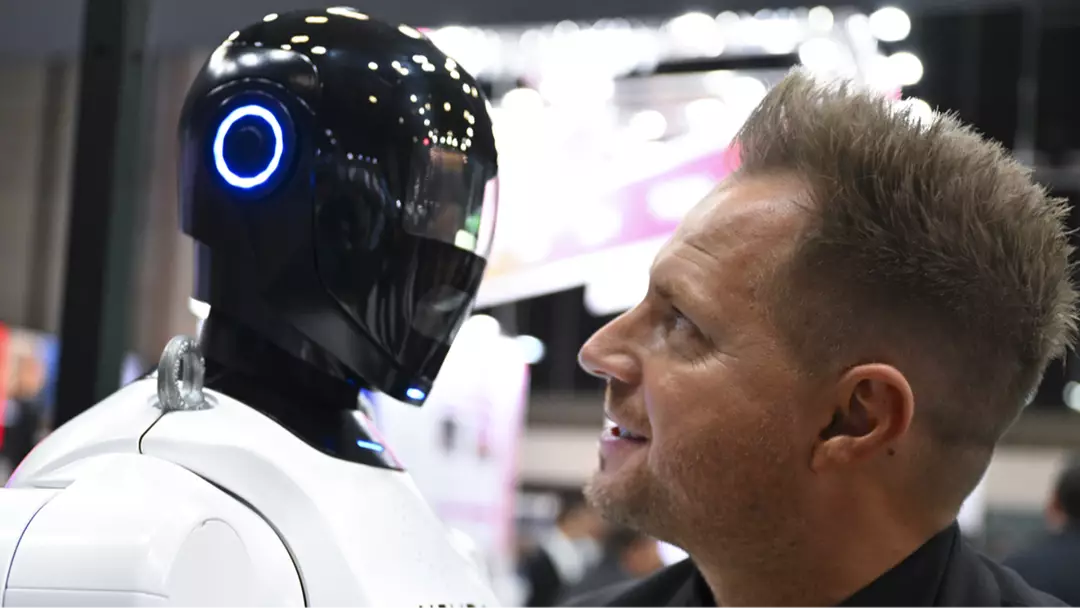In a significant move, Amazon has recently revealed plans to cut 14,000 jobs as part of a transition influenced by artificial intelligence (AI). This is just the start, as there are increasing concerns about AI’s potential to replace human jobs.
Current reports indicate that AI could affect up to 300 million full-time jobs across the globe, transforming the labor market at an unprecedented pace compared to previous technological advancements.
Understandably, there might be anxiety about the future of employment, but not all roles are under threat.
For those equipped with creativity, adaptability, and empathy, the coming decade could be prosperous. Recent research from TargetJobs has highlighted which occupations are less likely to be overtaken by AI, providing insights into securing your career in the face of technological change.

It’s anticipated that roles such as data entry, administrative tasks, customer service, and certain tech positions might succumb to AI automation. These roles can potentially be encoded into algorithms, allowing AI to perform them more efficiently.
However, when it comes to tasks requiring human intuition, ethical decisions, and collaboration, AI falls short. Therefore, if you’re considering a career change, it’s advisable to focus on fields where AI lacks proficiency.
TargetJobs has pinpointed certain roles that leverage traits AI struggles to replicate—referred to as the ‘human advantage roles.’ These include:
While AI is an asset in data analysis and diagnostics, it fails to match human emotional support and understanding, giving people a distinct advantage.
The integration of AI in education is evident, but those who merge this technology with emotional insight will excel in nurturing young minds.

AI can generate ideas, but crafting relatable content in storytelling, design, and advertising remains a human forte.
Professions such as builders, engineers, and electricians are expected to thrive, as AI struggles to manage unpredictable, hands-on tasks.
While AI might instruct on tasks like changing a lightbulb, it lacks the judgment that skilled tradespeople possess.

In various industries, while AI may have a role, professionals in regulation, ethical leadership, and law are crucial in ensuring responsible AI usage, maintaining the need for human oversight.
If you’re contemplating a new career, remember that humans possess a vital skill: adaptability.
TargetJobs states: “Those who can combine AI literacy with essential human skills will be the most employable.”
Thus, if you can merge AI understanding with your inherent human abilities, you have little to worry about.
TargetJobs has provided several key strategies to navigate the rise of artificial intelligence, including:
Ultimately, it’s about collaborating with AI systems, rather than resisting them!

